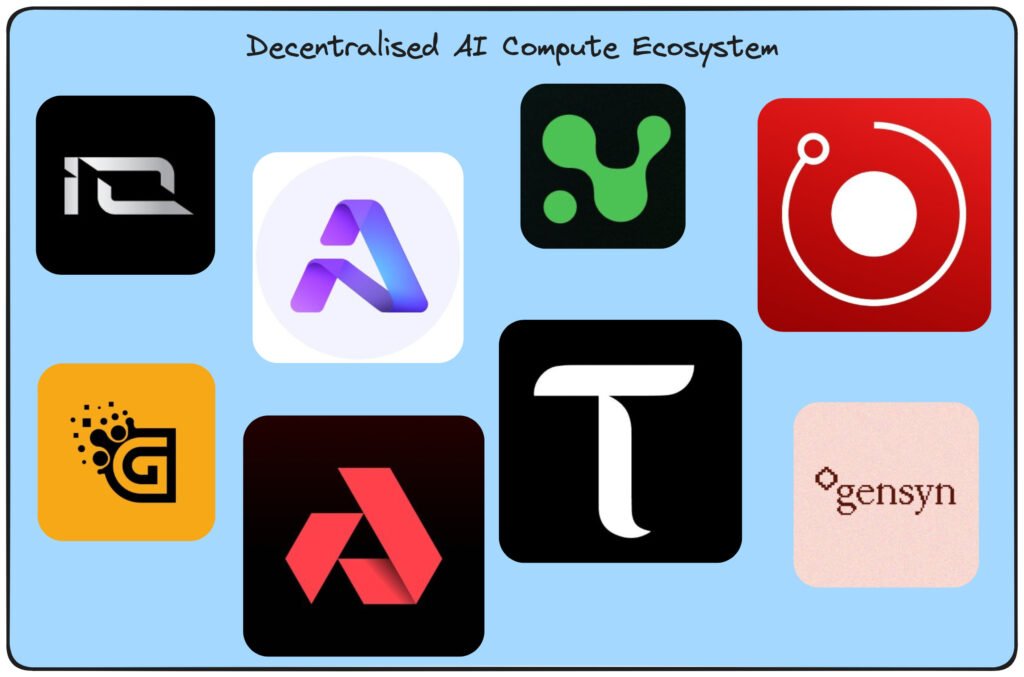Podcast Summary
This podcast episode delves into the tech industry, focusing on Epic Games’ legal victory over Google and its implications for app stores. The hosts also discuss the financial impact of app stores, Google’s anti-competitive practices, and the monopolistic practices of Apple and Amazon. The episode also touches on OpenAI’s licensing deals, the FCC’s decision regarding Starlink, and the importance of journalistic standards.
Key Takeaways
Epic Games’ Legal Victory Over Google
- Significant Legal Win: Epic Games won a significant legal battle against Google concerning the Play App Store on Android phones. This victory sets the stage for a deeper conversation on the tech industry and its practices.
- Push for Change: Despite Google’s intention to appeal the verdict, Epic Games is pushing for changes in Google’s practices, particularly allowing developers to use their own billing systems to avoid the 30% app store fee.
Monopolistic Practices of Tech Giants
- Monopolies Within Ecosystems: The hosts argue that app stores like Google’s Play Store and Apple’s App Store are monopolies within their ecosystems. The 30% fee they charge is unsustainable for many business models.
- Government Control Over Duopolies: The hosts suggest that the government should focus on restricting anti-competitive tactics rather than relying solely on mergers and acquisitions to regulate these companies.
OpenAI’s Licensing Deals
- OpenAI’s Decision: OpenAI’s decision to start cutting licensing deals is revisited, with a discussion on OpenAI’s licensing deal with Axel Springer to allow ChatGPT to access and summarize paid content from media brands.
- Copyright Law and AI: The nuances of copyright law are explored, focusing on the distinction between copying copyrighted work and using content under fair use to train AI models, and the potential legal implications of AI-generated content.
FCC’s Decision Regarding Starlink
- Rejection of Starlink’s Application: The FCC’s decision to reject Starlink’s application for $900 million in subsidies for rural broadband is framed as potentially politically motivated.
- Elon Musk’s Response: Elon Musk’s response to the contract cancellation is highlighted, suggesting that the government should save taxpayer money, and the perceived pattern of federal harassment against Musk’s companies is debated.
Importance of Journalistic Standards
- Accountability in Journalism: The New York Times’ misquotation of Hunter Biden is criticized, emphasizing the importance of journalistic standards and the need for accountability in journalism.
- Regulation of Innovative Industries: The balance between necessary regulation of innovative industries and the potential for overregulation or targeted scrutiny is debated, particularly in the context of Musk’s companies.
Sentiment Analysis
- Bullish: The hosts express a bullish sentiment towards Epic Games’ legal victory over Google, viewing it as a significant step towards changing the practices of tech giants. They also show optimism about the potential for government regulation to curb anti-competitive practices.
- Bearish: A bearish sentiment is expressed towards the FCC’s decision to reject Starlink’s application for subsidies, viewing it as potentially politically motivated. The hosts also express concern over the monopolistic practices of tech giants and the impact of their fees on startups.
- Neutral: The hosts maintain a neutral stance on OpenAI’s licensing deals, discussing the potential benefits and drawbacks without expressing a clear preference. They also discuss the importance of journalistic standards and the balance between regulation and innovation in a neutral manner.











